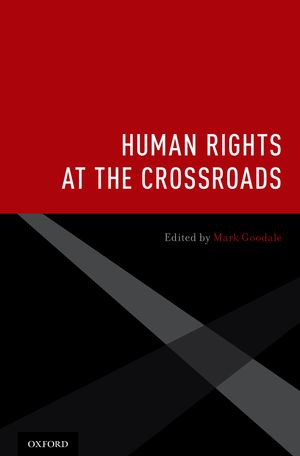
Since the end of the Cold War, there has been a dramatic expansion in both the international human rights system and the transnational networks of activists, development organizations, and monitoring agencies that partially reinforce it.
Yet despite or perhaps because of this explosive growth, the multiple statuses of human rights remain as unsettled as ever. Human Rights Reconsidered brings together preeminent and emerging voices within human rights studies to think creatively about problems beyond their own disciplines, and to critically respond to what appear to be intractable problems within human rights theory and practice.
It includes essays that rethink the ideas surrounding human rights and dignity, human rights and state interests in citizenship and torture, the practice of human rights in politics, genocide, and historical re-writing, and the anthropological and medical approaches to human rights.
Human Rights at the Crossroads provides an integrative and interdisciplinary answer to the existing academic status quo, with broad implications for future theory and practice in all fields dealing with the problems of human rights theory and practice.